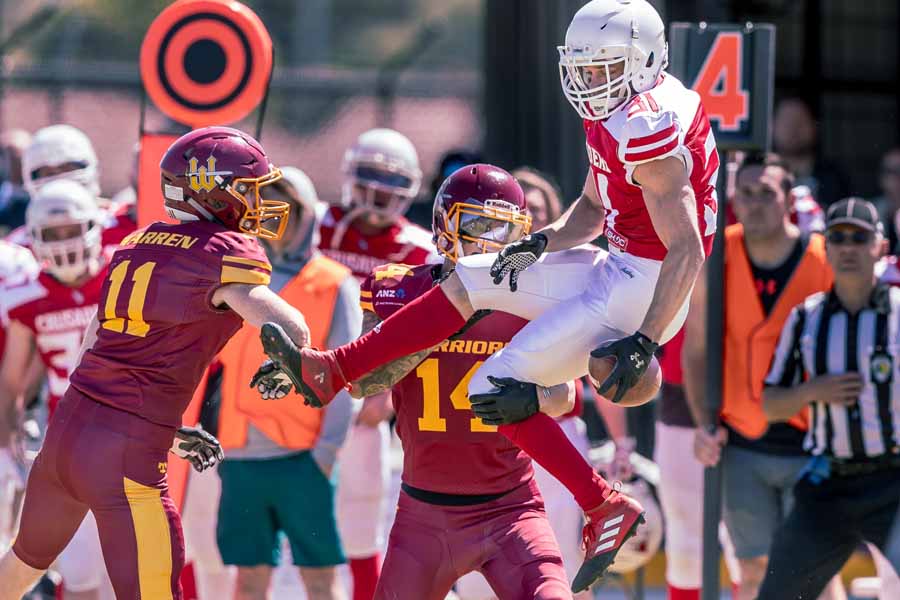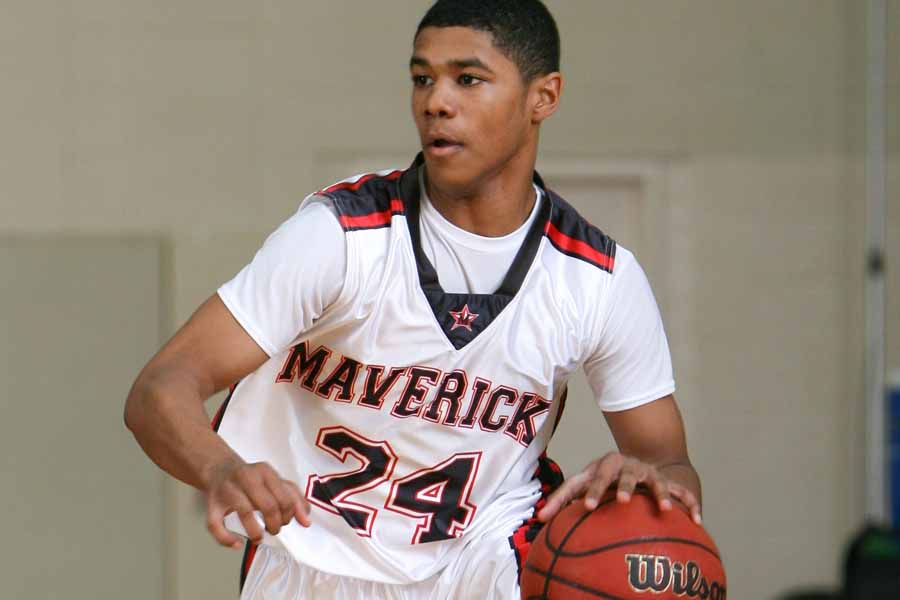A: Great question! All these emails, letters, cards and Unofficial Visits won’t mean much at the end of the day, unless they lead to offers, right?
You may feel that offers just fall freely from the sky for other players in your area, but truthfully, coaches put a ton of time into evaluations. They watch several games, try to see you play in person, contact several coaches and sources in the area to find out more about you as a person AND athlete. It’s a process, and they can keep their eyes on you for months before deciding to offer a scholarship.
“Interest” means they’ve seen or heard something about you from a trusted source, and have added you to their “Watch List.” Coaches are gathering info from several sources, combines and camps. They cast a huge net with each recruiting class (and position group within each class), to identify the best possible prospects for their system, university and team. Once something about you from these trusted sources or events triggers interest, they add you to these “Watch Lists.”
Once you’re on their lists, you’ll likely get questionnaires, mail, emails, visit invites, etc. Coaches have a variety of levels of “Watch Lists,” and how you rank within your position group determines what type of communication and invites you receive.
So, to turn these signs of interest into offers…
#1: Coaches are evaluating players’ academics, skills, size, speed and strength. After that, they’re looking at leadership, morals, toughness and other intangibles. Can you become really great at a certain skill that can help lead to wins? A better blocker, defender, rebounder, creating turnovers? Sure, coaches are looking for scorers, but they’re also looking for other difference-makers that can help them win. Can you develop better skills, speed, strength and a specific “difference-maker” ability? Look at the pros at your position—the elite players are usually masters of a specific skill.
#2: Are there any red flags you need to address or eliminate? Are your academics poor? Do you have a reputation for a bad attitude? Have you gotten in trouble with the law? Do you transfer schools a lot? Did you have a rocky freshman and sophomore year? Any of these issues can cause coaches to raise red flags, and hold off on offers until they can get an understanding of the situation. Not only will coaches ask you, they’ll ask coaches/sources within the area to get a better picture of the truth.
#3: Depending on the level of personal communication you have with the coaches, it’s okay to ask where you fit in with their other recruits. If you’re mostly getting mail and emails, without many phone calls or visits to your school– they’re not totally sold on you yet (and investing too much time). If you’re seeing them and hearing from them frequently, go ahead and ask! You may be intimidated to ask (“Where do I fit in among the recruits you’re evaluating”), but you don’t want to get your hopes up too high or think an offer is coming soon, if it may not be. Coaches won’t usually sugarcoat it, but it’s better to know up front.
#4: Focus on your position. Are there certain schools that lack depth for your signing class? If a school is looking to sign 3-4 linebackers, and you play linebacker—you have a better shot of getting an offer from that team than a team who is stacked with returning linebackers! Work on your position-specific skills, ask your coaches for drills that you can do at home to get better.
#5: When a certain player gets offers within the region, from schools at any level, other coaches are more willing to take a look. If you feel as if you’ve sent your video and stats to several DI schools, and haven’t gotten much personal response, try to also send your info to some schools at a little lower level. Create more interest from other schools, and the offers may begin to come in.
#6: If you are getting a lot of interest from a school, but not the offer you want, consider attending their camp. Camps give you time to work up-closer and personal with the coaching staff and let’s them see you play up close. Several campers eventually become offers after great performances at camp.




